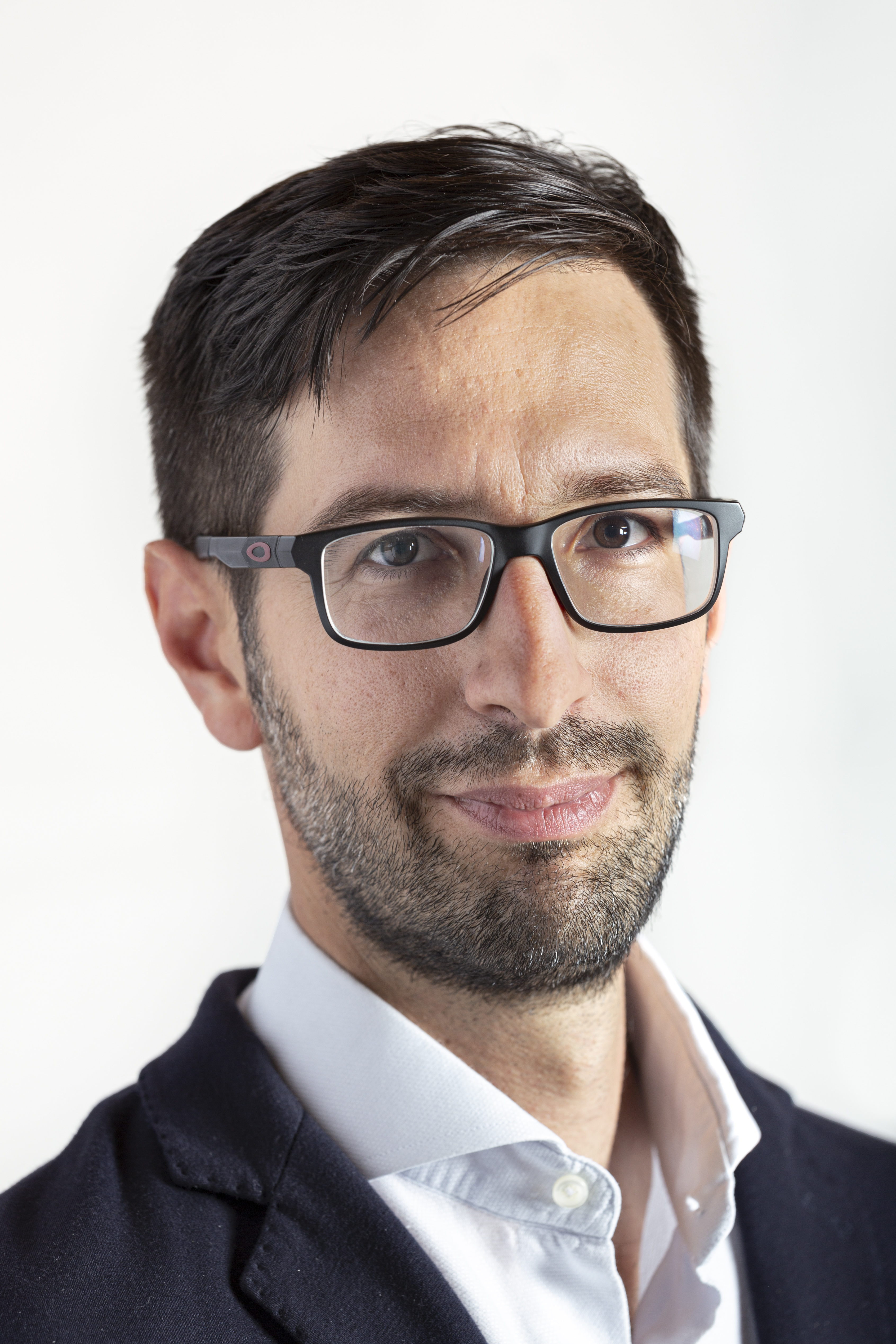Description
Background: Local infiltration analgesia (LIA) is frequently administered to patient undergoing total knee replacement (TKR), which is associated with post-operative pain and blood loss.
Little is known about their concentration in effect on cell immunity and its cytotoxic potential, which is important for the safety of blood reinfusion, particularly in patients undergoing total joint replacement.
Objectives: The aim of the present research was to verify the safety of collected shed blood to be reinfused postoperatively, by measuring levobupivacaine levels in drainage blood. The hypothesis was that the concentration of anaesthetics was below toxicity threshold, thus allowing safe blood reinfusion in patients undergoing LIA during knee replacement surgery.
Design and Methods: 24 patients who underwent TKR who received intraoperative LIA were considered for the present study. The collected blood was not retransfused. Blood samples were collected from shed blood which was present in drainage 2 and 5 hours after surgery and serum was analyzed by liquid chromatography-tandem mass spectrometry (LC-MS/MS). Cardiovascular and Central nervous system (CNS) toxicity were calculated considering the lowest reported toxic threshold for intravenous bupivacaine (1.1 mg/kg and 0.3 mg/L, respectively).
Results: Median total levobupivacaine serum concentration in drains was 1.2 mg/L (S.D. ± 4.2) 2 hours after skin closure and 1.84 mg/L (S.D. ± 2.2) 5 hours after surgery.
The average blood level needed to reach cardiotoxicity was calculated to be greater than 159 L. Mean levobupivacaine thresholds for CNS toxicity was 1326.91 µg.
Conclusions: Levobupivacaine from collected shed blood that would have been returned to the patient, was well below toxicity level at 2 and 5 hours after LIA in TKR. Therefore, autologous blood transfusion in combination with LIA appears to be a safe technique.




